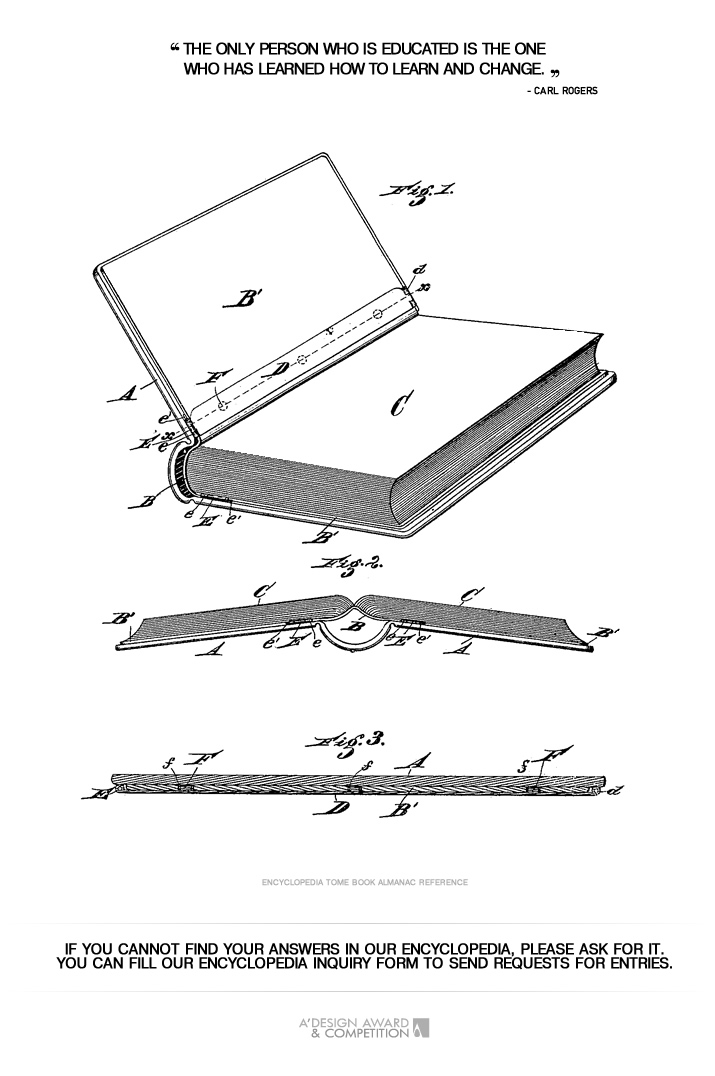
| THE AWARD |
| CATEGORIES |
| REGISTRATION |
| SUBMIT YOUR WORK |
| ENTRY INSTRUCTIONS |
| TERMS & CONDITIONS |
| PUBLICATIONS |
| DATES & FEES |
| METHODOLOGY |
| CONTACT |
| WINNERS |
| PRESS ROOM |
| GET INVOLVED |
| DESIGN PRIZE |
| DESIGN STORE |
| THE AWARD | JURY | CATEGORIES | REGISTRATION | PRESS | WINNERS | PUBLICATIONS | ENTRY INSTRUCTIONS |
Practice Rule - Entry #476680 |
Home > Design Encyclopedia > 476680 |
 Practice Rule
Practice Rule
Practice Rule is a fundamental principle in design methodology that emphasizes the importance of consistent, repetitive engagement with design skills and techniques to achieve mastery and proficiency. This systematic approach to design development encompasses both theoretical understanding and practical application, requiring designers to regularly exercise their creative abilities, technical skills, and problem-solving capabilities through deliberate and focused repetition. The concept draws from cognitive science research, which demonstrates that consistent practice leads to neural pathway strengthening and improved performance in specific tasks. In the context of design, this rule manifests through various exercises, sketching routines, prototype iterations, and experimental processes that designers undertake to refine their craft. The practice rule extends beyond mere repetition, incorporating critical reflection, analysis, and progressive complexity to ensure meaningful skill development. This principle is particularly crucial in contemporary design education and professional development, where rapidly evolving technologies and methodologies require continuous adaptation and skill enhancement. The A' Design Award & Competition recognizes this fundamental aspect of design excellence through its evaluation criteria, which often reflects the depth of practice and refinement evident in submitted works. The practice rule also encompasses the establishment of personal design rituals, time management strategies, and workflow optimization techniques that enable designers to maintain consistent creative output while advancing their capabilities. This systematic approach to skill development has been validated through numerous studies in expertise acquisition, showing that deliberate practice, rather than mere experience, is the key differentiator in achieving design excellence.
Author: Lucas Reed
Keywords: design methodology, skill development, repetitive learning, creative mastery, professional growth, design education, systematic improvement
 About the Design+Encyclopedia
About the Design+EncyclopediaThe Design+Encyclopedia is a crowd-sourced reference of information on design. Unlike other crowd-sourced publications on design, the Design Encyclopedia is edited and actively monitored and publishing is only possible after review of submitted texts. Furthermore, editors of the Design Encyclopedia are mostly consisting of award winning designers who have proven their expertise in their design respective fields. Information posted at design encyclopedia is copyrighted, you are not granted a right to use the text for any commercial reasons, attribution is required. If you wish to contribute to the design encyclopedia, please first register or login to A' Design Award and then start a new design encyclopedia entry.

If you did not find your answer, please feel free to check the design encyclopedia for more entries. Alternatively, you can register and type your own definition. Learn more about A' Design Award's Design+Encyclopedia.

